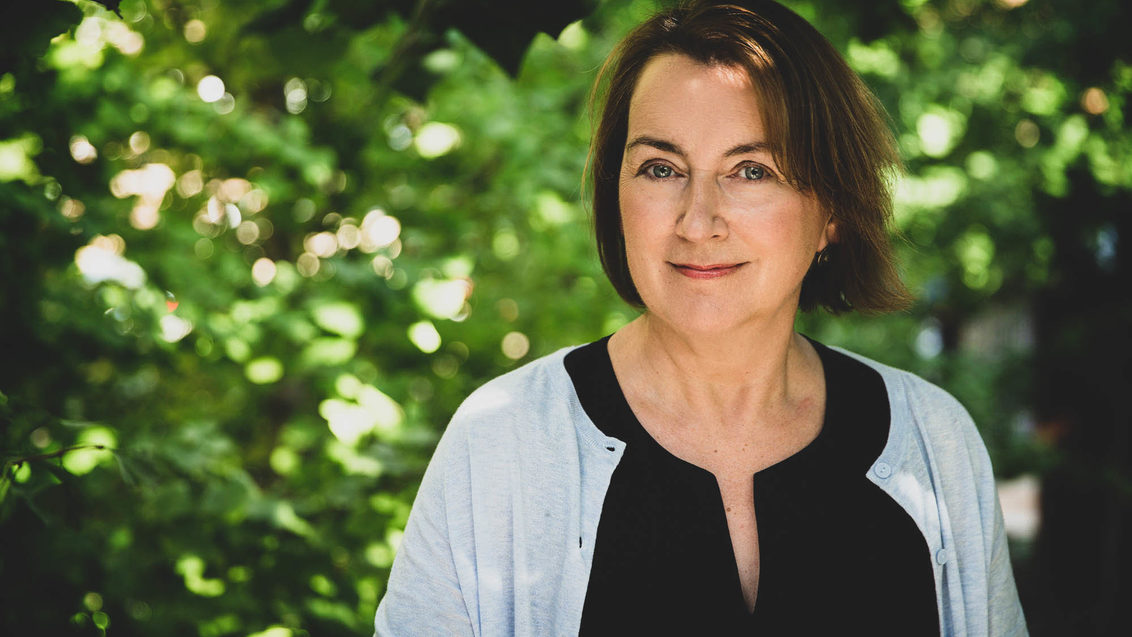Golf's positive role in the mental health crisis

Research from the UK reveals that every week one in six adults suffer from common mental health issues such as anxiety or depression, and global reports demonstrate that poor mental health is one of the main causes of the overall disease burden worldwide.
More concerning still is that mental health issues are on the rise, especially among young people. While this is due in part to people feeling more able to report their mental health concerns, it remains clear that modern life is taking a toll on the population psychologically.
Professor Jenny Roe is an environmental psychologist and the inaugural Mary Irene DeShong Professor of Design and Health and the Director of the Center of Design and Health at the Architecture School, University of Virginia. She specializes in researching restorative environments.
Jenny says, “I think the modern mental health crisis is a problem with many different facets and angles to it. One of which is certainly the digital revolution. We are being inundated with digital media, meaning people today are always multitasking, always doing two or three things at the same time.”
Studies demonstrate that this kind of multitasking not only lowers productivity, but also generates physiological stress responses and negative emotions which impact our mental health, our work, and even our family relationships.
Prof. Roe highlights social media, the most prevalent digital distraction, the use of which is now regularly linked to wider mental health issues.
“Social media plays a big part in this, of course,” continues Jenny.
“I’m not completely anti-social media by any means; I think it can definitely help to connect people. But at the same time we have developed a loneliness epidemic in the UK and in the USA, along with increasing chronic mental health problems in terms of anxiety and depression. If you look at the increase of mental health problems among our teenagers and young people in particular, who tend to use social media the most, it’s truly shocking.
“Another really important facet to this crisis, though, is that we are all living more sedentary lifestyles. We are simply all sitting in front of screens for too long, for too many hours of the day. It’s at a point that people now say sedentary living is the new smoking. Technology can help us in extraordinary ways, of course, but the flip side is that we are not moving. And the association between physical activity and mental wellbeing is very well known.”
Against this landscape of new challenges to our mental wellbeing, Jenny believes firmly in our ability to create a healthier mental lifestyle, and that the environments we expose ourselves to can play a huge role in that process.
As the global conversation about mental health continues to grow, with it grows a recognition of the need for methods and tools to maintain our mental health, comparable to the way many already maintain their physical health though healthy diets and exercise regimes.
In response to this trend, an entire self-care industry has blossomed to meet the demand, with new books, apps and online channels focusing on ideas like mindfulness and wellness. But in a hectic modern lifestyle, Jenny suggests that interacting with nature can actually be one of the easiest ways to support good mental health.
“Simply exposing yourself to the outdoors and green space is sometimes much more feasible than it is to follow a mindfulness practice.
“When you step into a green space, there’s a number of things that happen with both your physiology and your psychology.
“Your parasympathetic nervous system kicks in – the system that’s associated with relaxation – and your stress physiology actually changes. You literally manage stress more efficiently when you are around green space.
“Your mood improves. And when your mood improves that allows space for other things to improve, including your creativity, your cognitive flexibility and your ability to strategize.
“We know it helps relieve depression, anxiety and anger. We know it helps performance, relieving brain fog and mental fatigue.
“And when it comes to exercise, which is great for mental health in itself, there’s a huge wealth of evidence, using robust, scientific methods, to show the benefits of ‘green exercise’ – exercise in the natural outdoors – as compared to, say, exercise in the gym or indoors.”
With the positive impact of green space on mental health becoming more evident, it can be argued that golf holds a unique position as a sport and hobby, owing to the game’s green arenas.
With this fact in mind, can golf benefit a healthier mental lifestyle? Ultimately, could it be part of the solution to the modern mental health crisis?
“Absolutely,” Professor Jenny Roe continues, “I think to get out and play golf you are really helping manage your mental health in a very holistic way.
“First of all, it’s a social sport. People can play alone, obviously, but most golfers tend to play with other people.
“Secondly, it’s improving your physical activity. It keeps you mobile, which is key.
“Thirdly, you are challenging yourself in terms of technique and practice.
“And finally you’re getting this big beneficial effect to your psychological wellbeing through exposure to the natural environment.
“Golf combines all of these factors in one activity.
The benefits cited by Jenny here are echoed in advice on managing stress and supporting good mental health from organizations across the globe, including the National Health Service in the UK and the American Heart Foundation in the USA.
